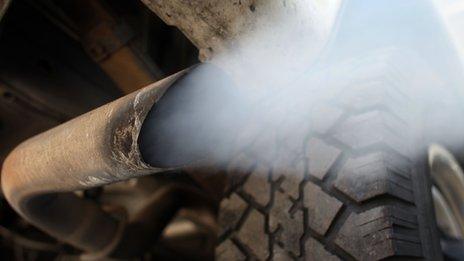'Clean air' zones for English cities by 2020
- Published
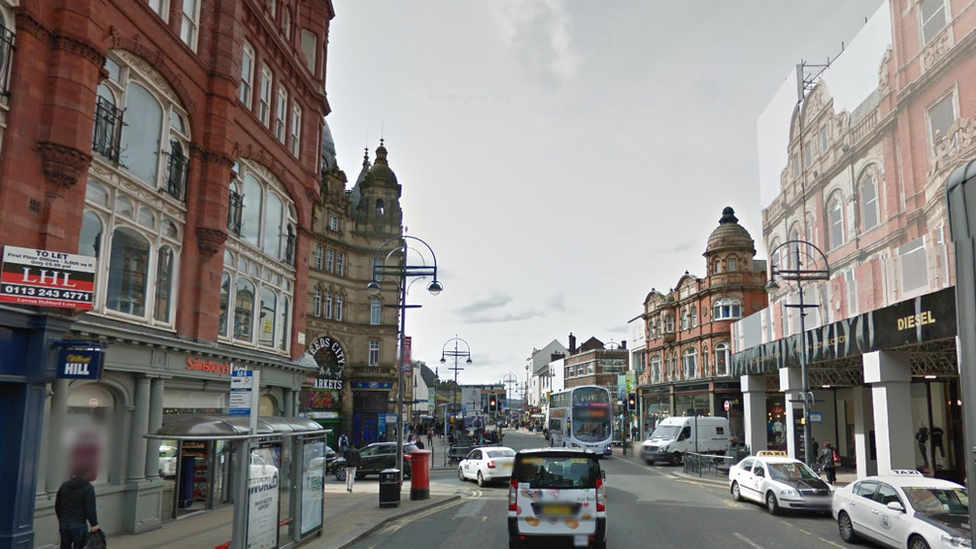
Clean air zones will introduce charges for some older vehicles but not for private cars
Five English cities are to have clean air zones by 2020 under plans to reduce pollution.
High polluting vehicles, such as older buses, will be charged if they enter the zones but private cars will not be affected, the government said.
The zones will target areas where the air quality is poorest in Leeds, Birmingham, Nottingham, Derby and Southampton.
Environmental campaigners have said they will mount a legal challenge.
Ministers were ordered by the Supreme Court to produce plans to comply with European Union law, external on limits for nitrogen dioxide in the air in April.
'Illegal levels'
The ruling followed a case brought by environmental group ClientEarth.
It said the government was not acting fast enough to tackle air pollution and described the proposals as an "arrogant response".
Alan Andrews, from the group, said: "The latest plan for clean air zones doesn't tackle all pollution from passenger cars - one of the biggest sources of poor air quality - and fails to take action in dozens of other cities where people are breathing illegal levels of pollution."
He said the group would mount a legal challenge in the New Year to try and force the government to take faster action.
Environment Secretary Elizabeth Truss said: "We want to ensure people can continue to drive into city centres and by targeting action at the most polluting coaches, taxis, buses and lorries we will encourage the use of cleaner vehicles."
She said similar zones in Germany and Denmark had lead to an improvement in air quality.
Local authorities will only be able to set charges at levels designed to reduce pollution, not to raise additional revenue, the Department for Environment, Food and Rural Affairs said.
Campaigners claim research shows air pollution causes about 29,000 early deaths in the UK every year.
- Published10 April 2015
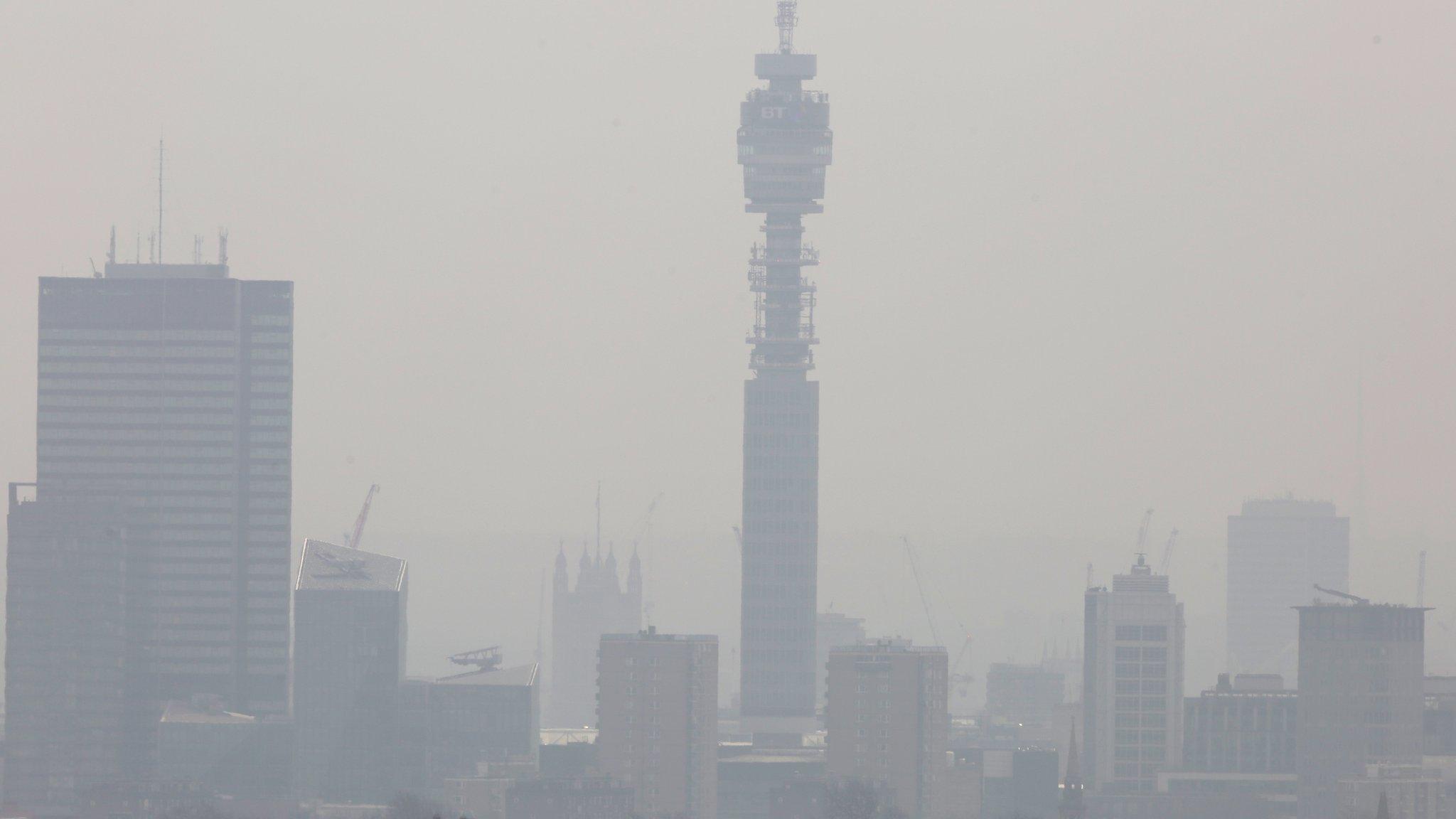
- Published9 April 2015
- Published19 November 2014
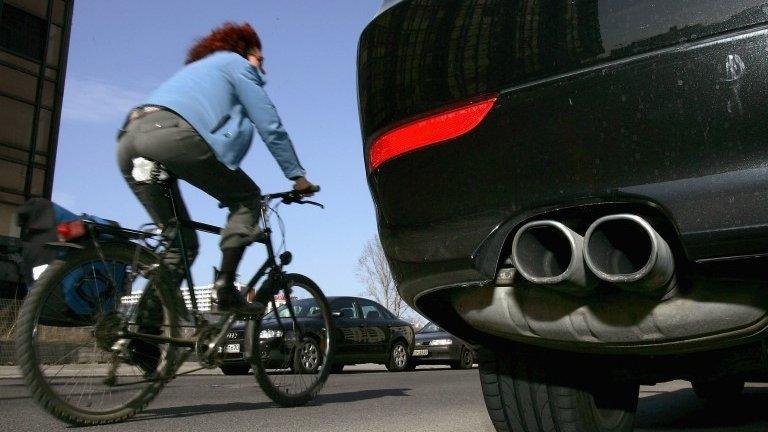
- Published10 July 2014
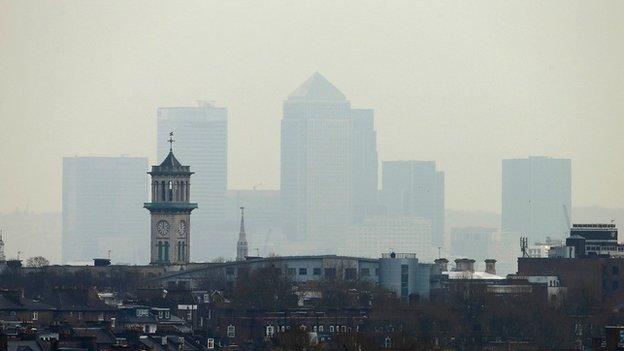
- Published20 February 2014
